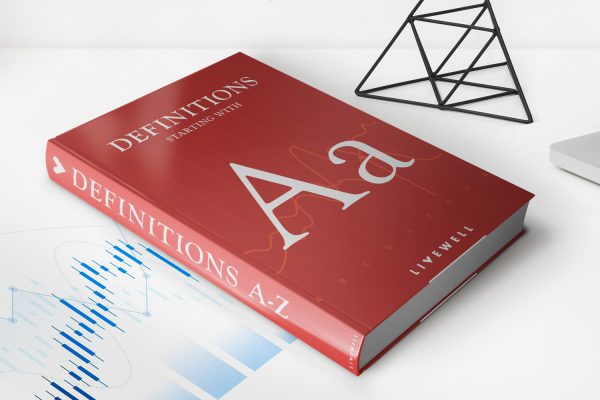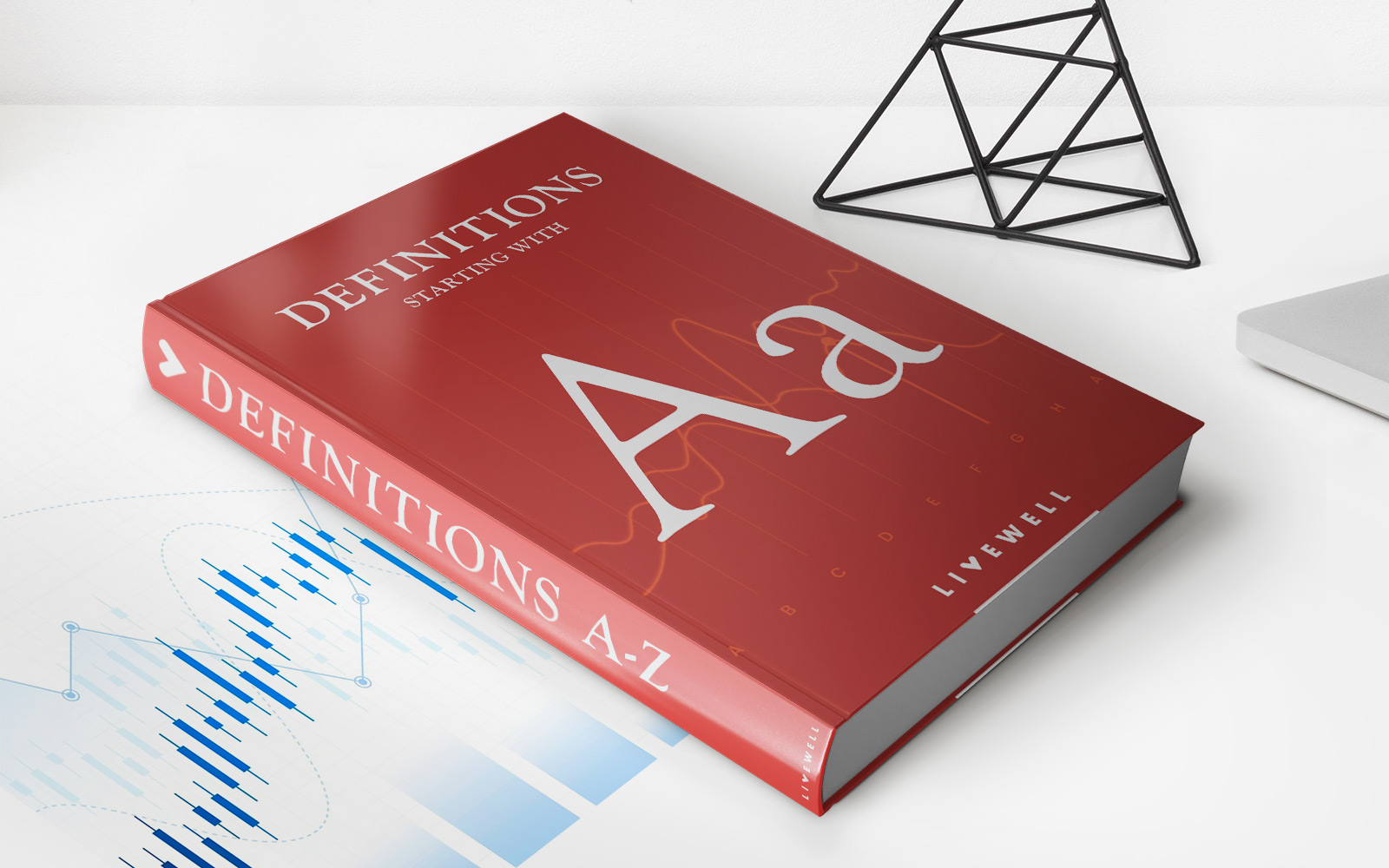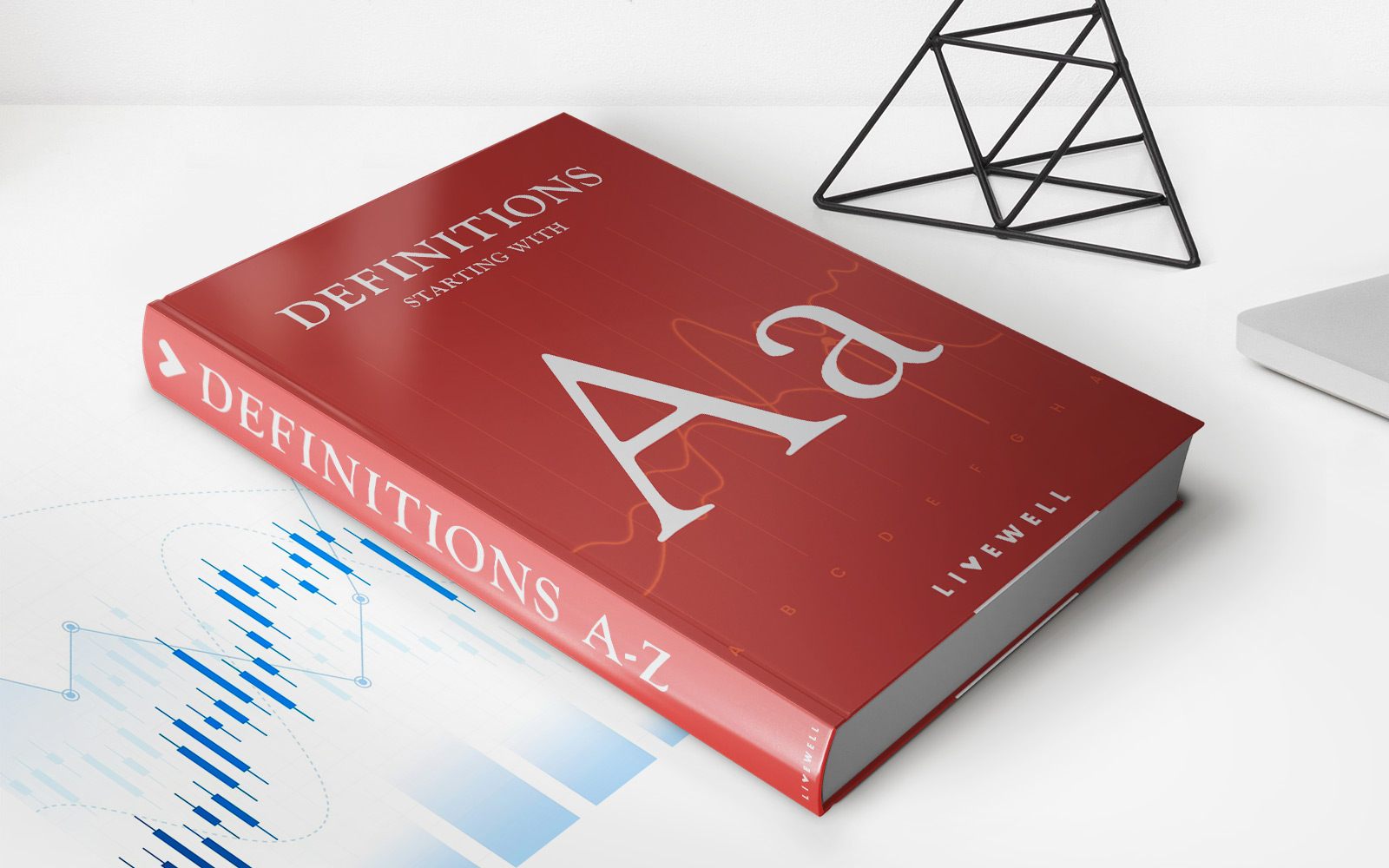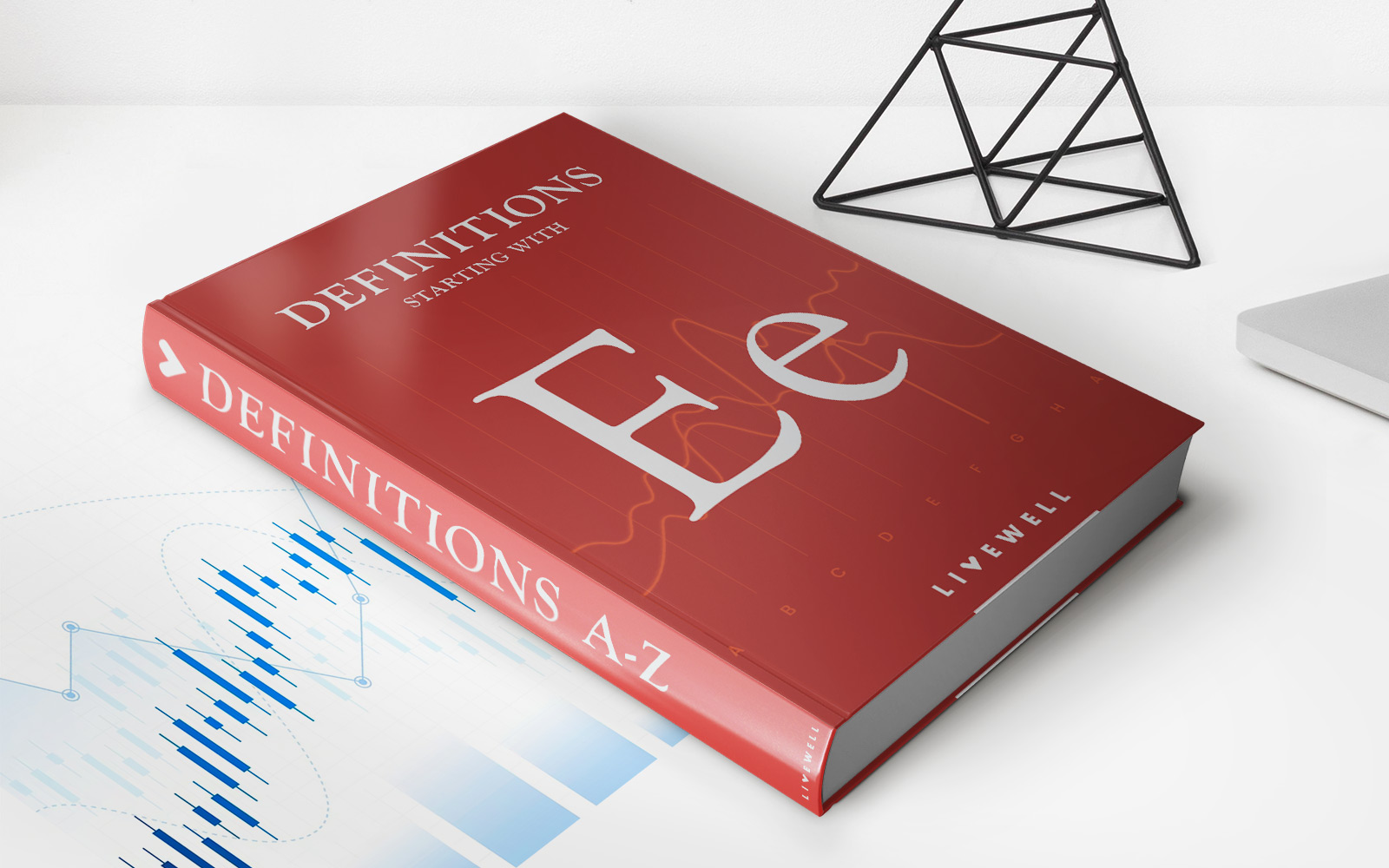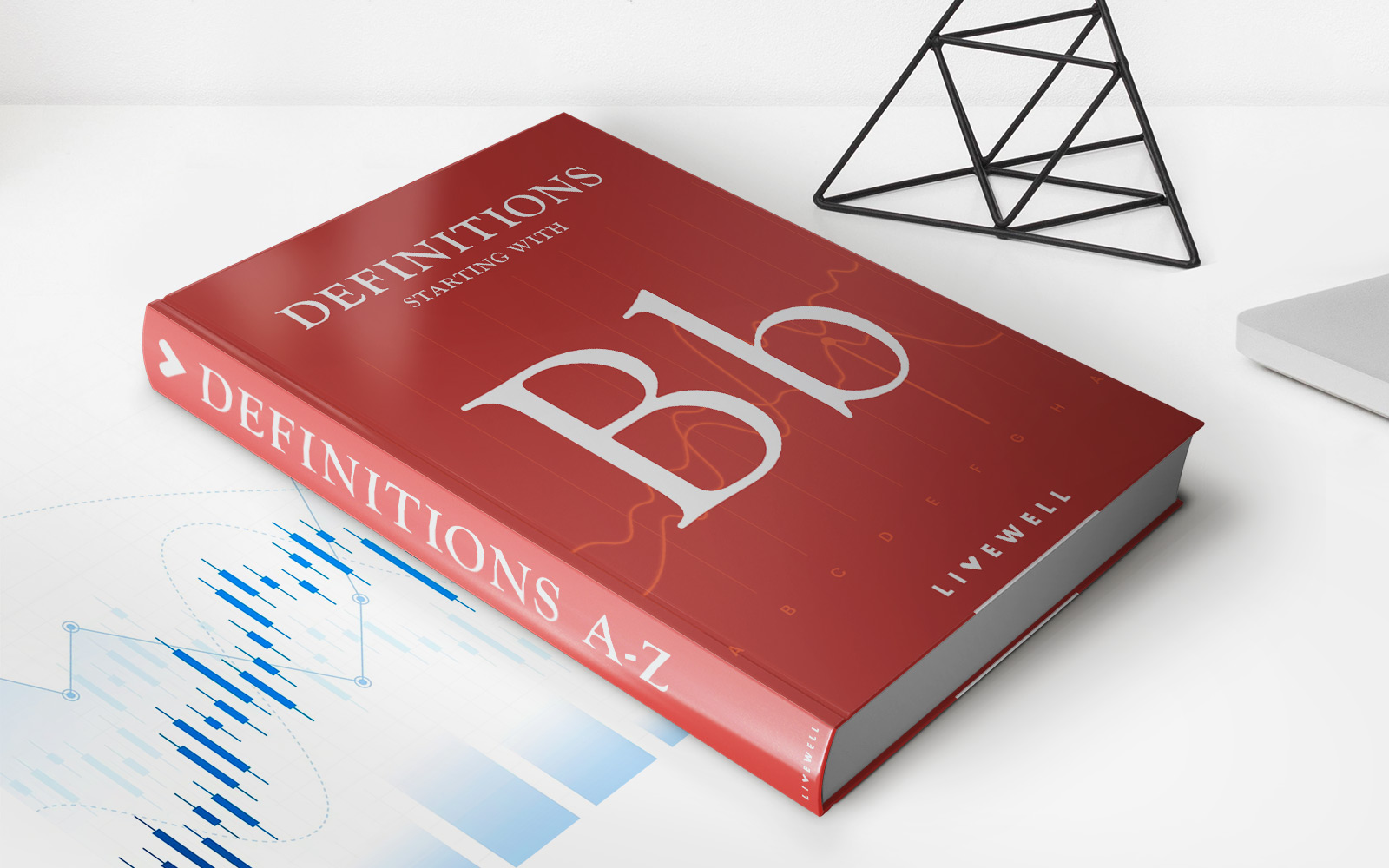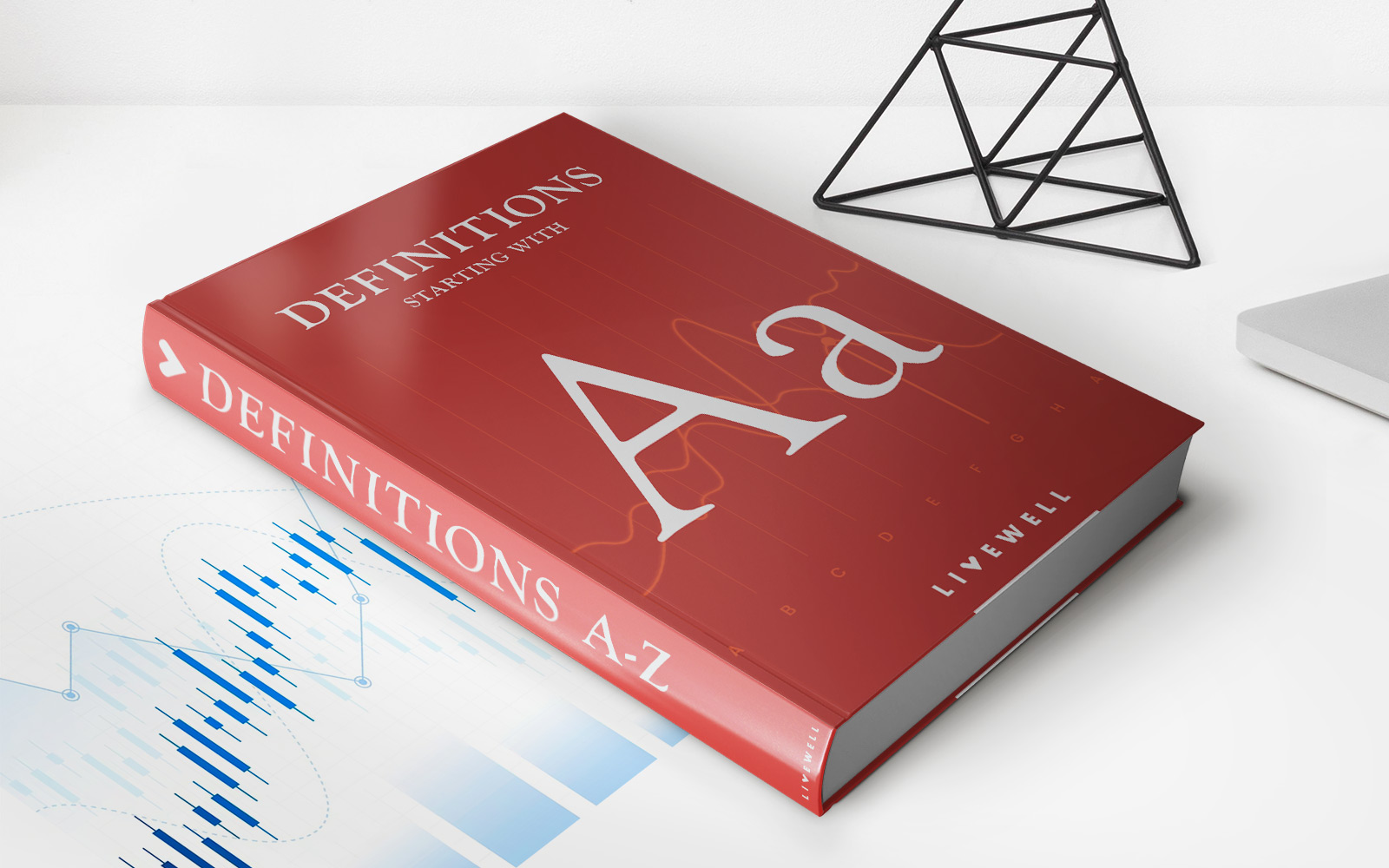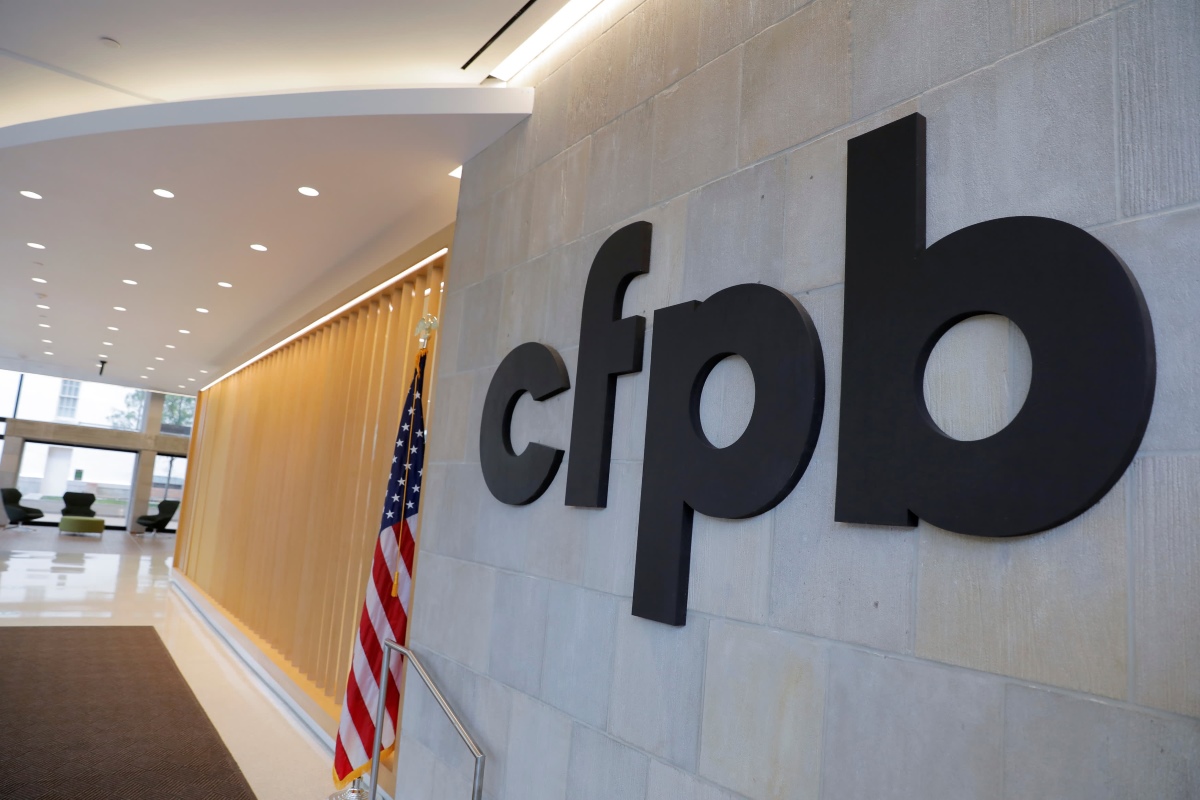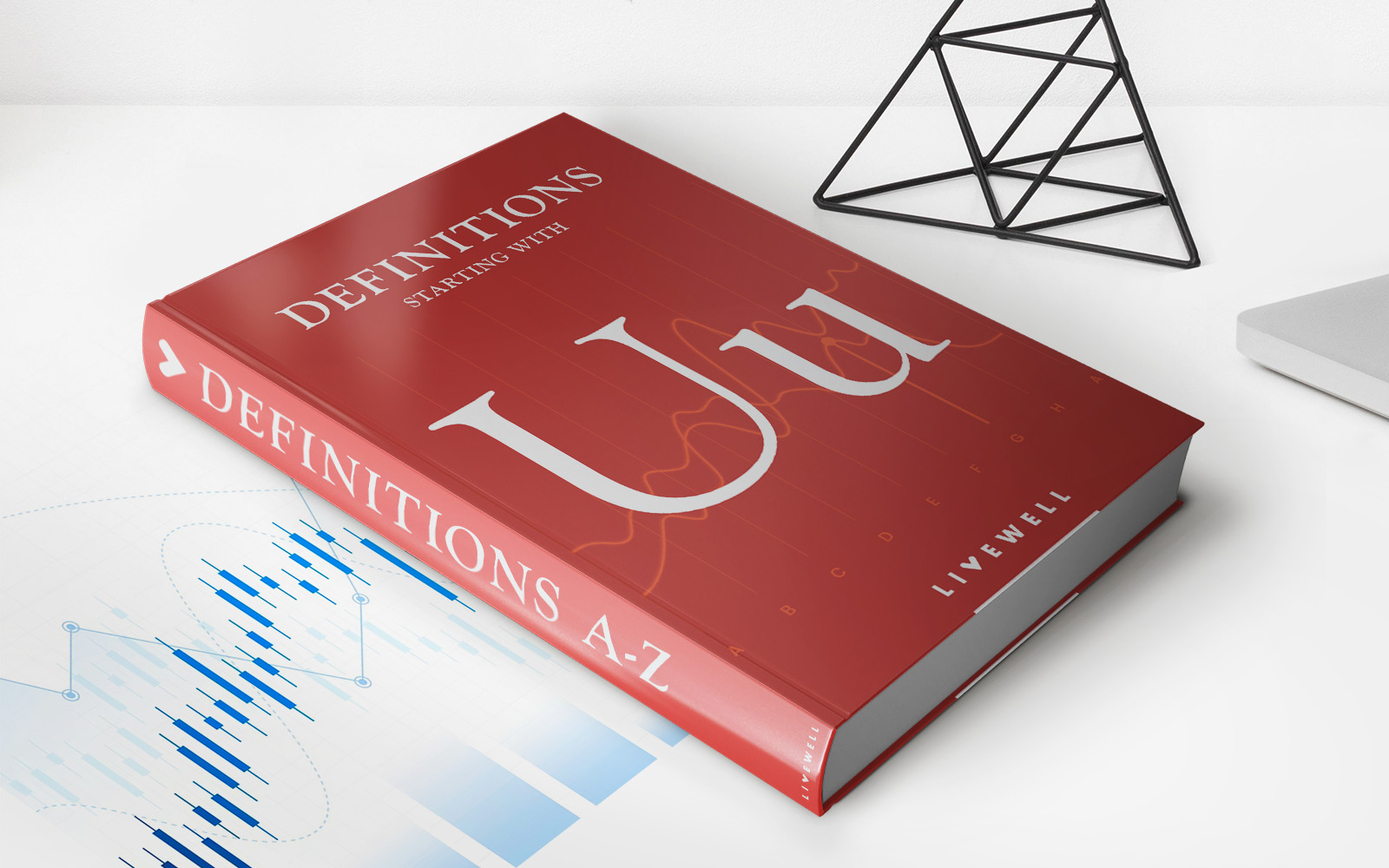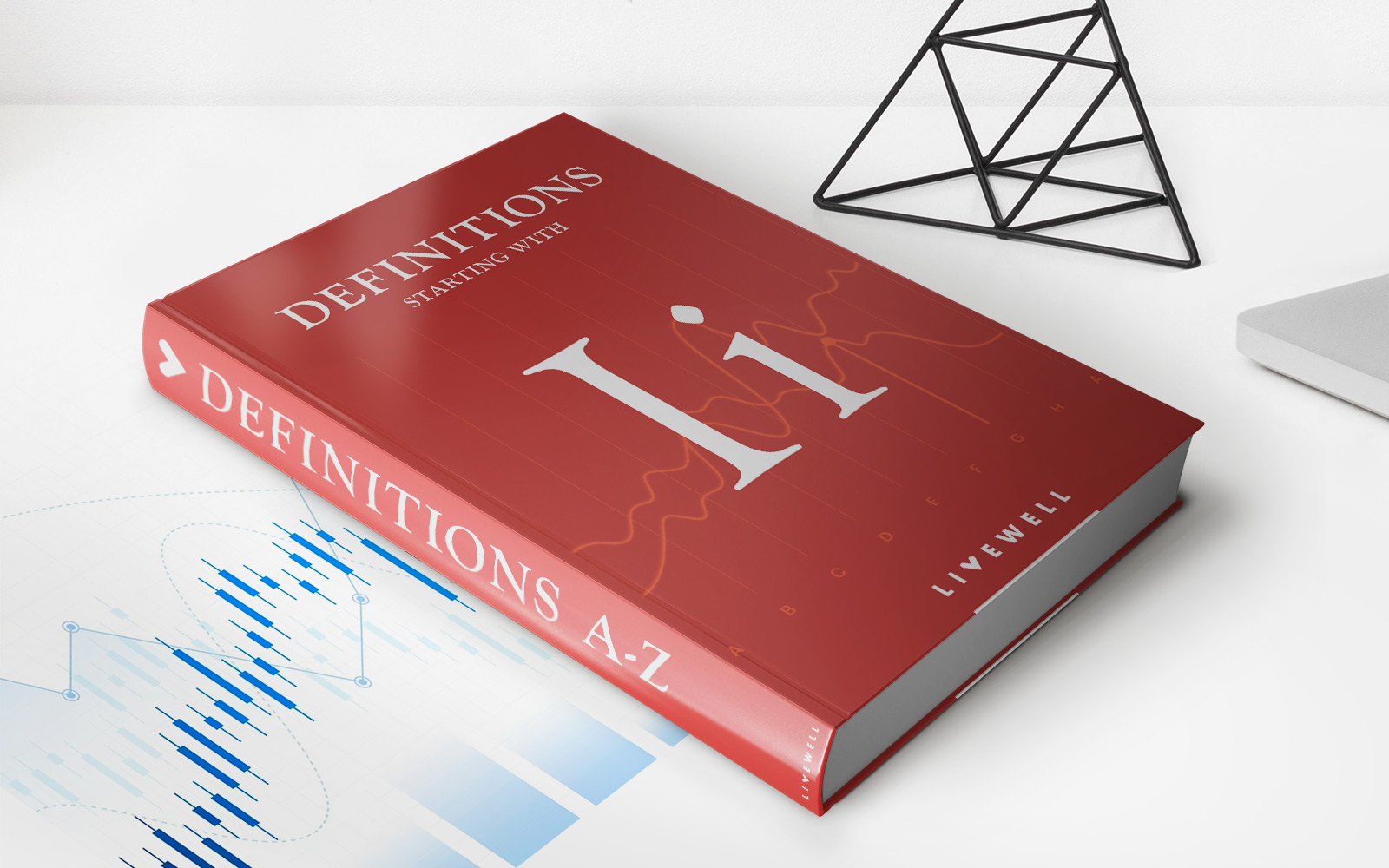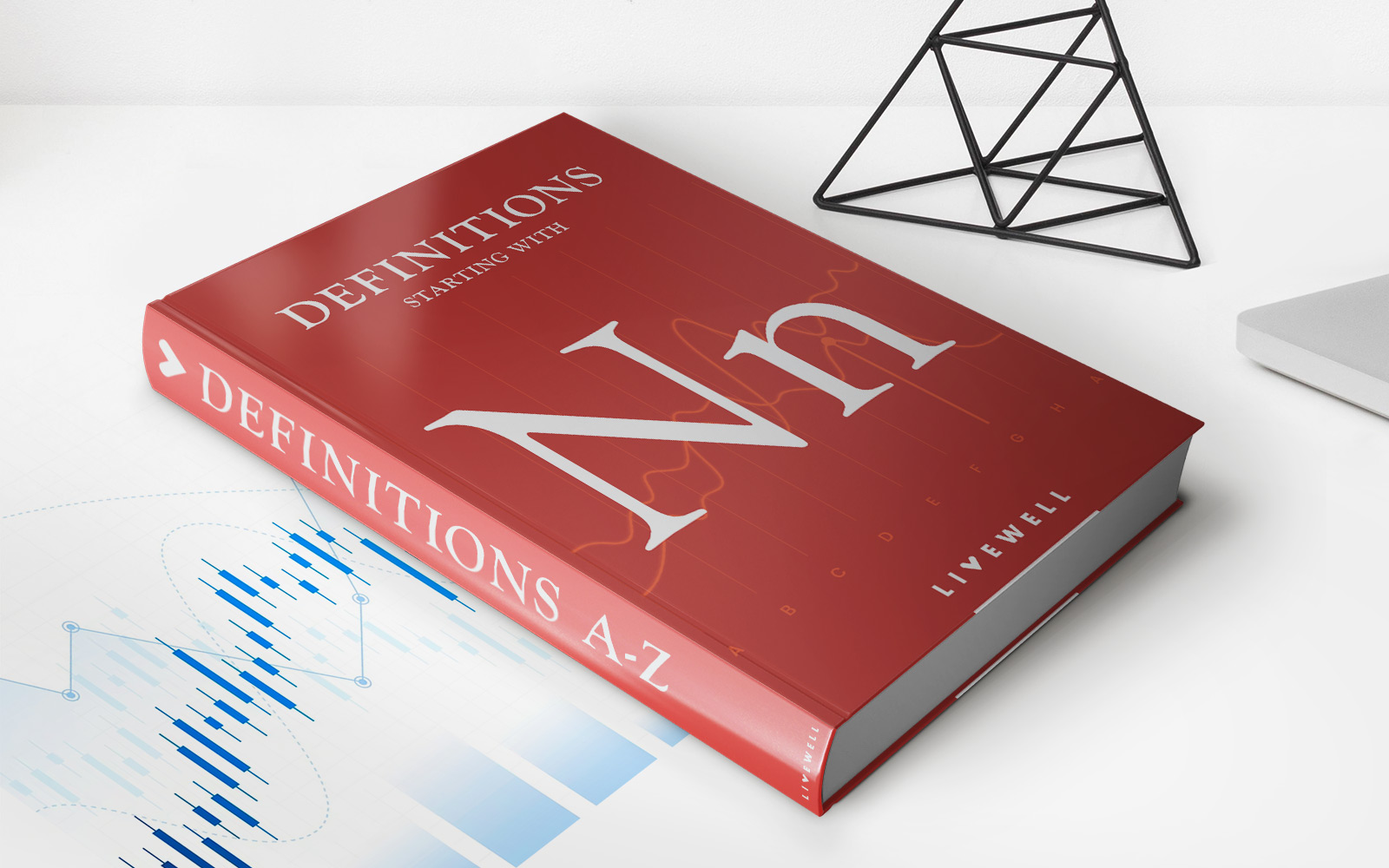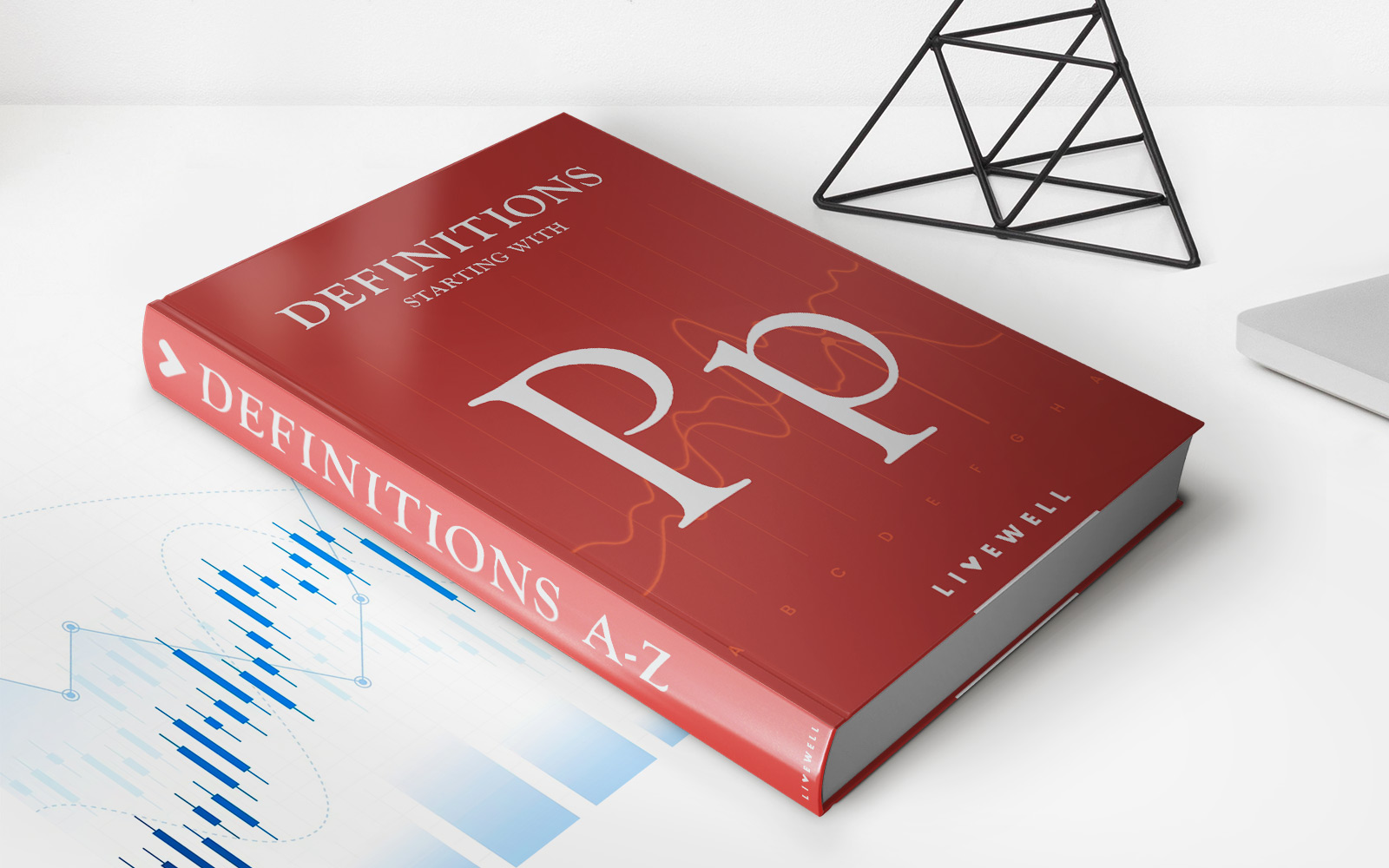Home>Finance>Alternative Dispute Resolution (ADR): Definition And Meaning
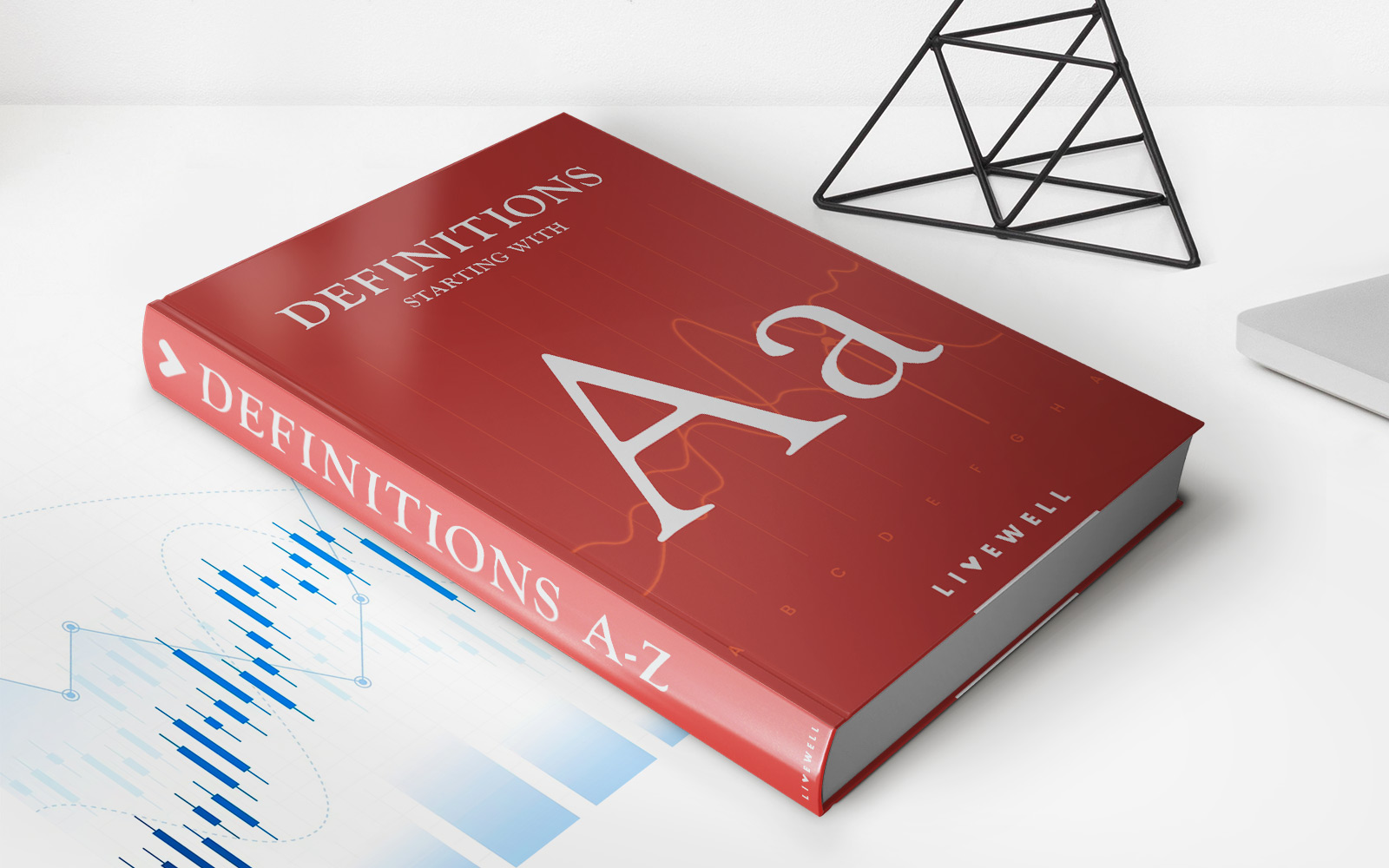

Finance
Alternative Dispute Resolution (ADR): Definition And Meaning
Published: October 6, 2023
Learn the definition and meaning of Alternative Dispute Resolution (ADR) in finance. Discover how ADR can provide effective solutions for resolving financial disputes.
(Many of the links in this article redirect to a specific reviewed product. Your purchase of these products through affiliate links helps to generate commission for LiveWell, at no extra cost. Learn more)
Understanding Alternative Dispute Resolution (ADR)
When it comes to matters of finance, disputes can sometimes arise. Whether it’s a disagreement between business partners, shareholders, or clients, these disputes can impact the financial stability and reputation of individuals and companies alike. However, traditional legal proceedings can be time-consuming, costly, and stressful. That’s where Alternative Dispute Resolution (ADR) steps in as a viable option for resolving conflicts.
Key Takeaways:
- Alternative Dispute Resolution (ADR) provides an alternative to traditional legal proceedings for resolving conflicts in finance.
- ADR methods include negotiation, mediation, and arbitration, offering a more collaborative and efficient approach to dispute resolution.
So, what exactly is ADR? In essence, it refers to a range of processes and techniques used to settle disputes without going to court. ADR can be a game-changer for those seeking a quicker and more cost-effective solution to their financial disputes. Let’s delve deeper into the different types of ADR methods:
1. Negotiation
Negotiation is perhaps the most commonly used form of ADR. It involves discussions between the parties involved, with the aim of reaching a mutually agreeable resolution. Negotiation empowers individuals to find common ground and come to a resolution that meets their respective needs, without the need for an imposed solution.
2. Mediation
Mediation is a process facilitated by a neutral third party, known as a mediator. In this method, the mediator helps the parties communicate effectively, understand each other’s perspectives, and explore potential solutions. Unlike a judge or arbitrator, a mediator does not make a ruling but assists the parties in reaching a voluntary and mutually satisfactory settlement.
3. Arbitration
Arbitration is a more formalized ADR method that involves one or more neutral arbitrators. The arbitrator(s) hear both sides of the dispute and make a binding decision, similar to a judge in a court proceeding. Arbitration tends to be less formal and more flexible than traditional court cases, offering a more streamlined and confidential resolution process.
While these three methods are the most well-known forms of ADR, there are other techniques like conciliation, neutral evaluation, or early neutral evaluation that can also be utilized, depending on the specific circumstances of the financial dispute.
The Benefits of Alternative Dispute Resolution (ADR)
Choosing ADR over traditional legal proceedings has numerous benefits, making it an attractive option for those involved in financial disputes:
- Cost and Time Efficiency: ADR processes are typically faster and less expensive than going to court. This is especially crucial in financial matters, where time and money are of the essence.
- Preservation of Relationships: ADR encourages collaboration and problem-solving, allowing parties to work together towards a resolution. This can help preserve relationships and prevent further damage to business partnerships or client connections.
- Confidentiality: Unlike public court proceedings, ADR ensures a level of confidentiality. This can be particularly advantageous for individuals or businesses concerned about protecting sensitive financial information or reputational damage.
- Flexibility: ADR offers more flexibility in terms of the process and outcomes. Parties have more control over the resolution, as they actively participate in finding solutions that meet their specific needs and objectives.
As society continues to evolve, so does the way we resolve disputes in finance and other domains. Alternative Dispute Resolution (ADR) provides a valuable alternative to traditional court proceedings, offering a collaborative, efficient, and cost-effective approach to resolving conflicts. By choosing ADR methods such as negotiation, mediation, or arbitration, individuals and businesses can navigate financial disputes with greater ease and find mutually satisfactory solutions.
Choose ADR, and take control of your financial conflicts today!
